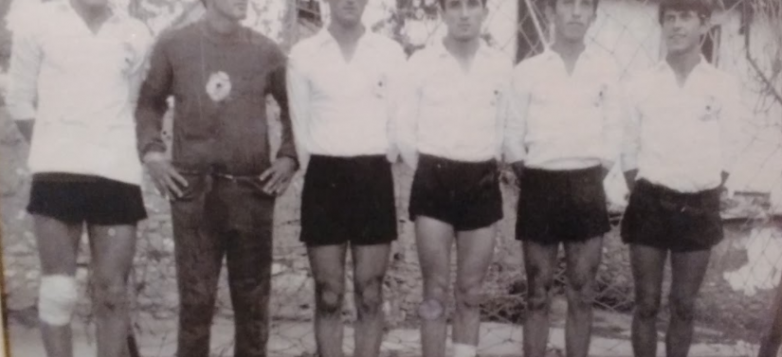After the Second World War, we lived in a secular state, even now it is a secular state, but the majority of people were atheists then. What do I know about religion? I know it from my mother at home. Mother would tell us when there were Jewish holidays, she cooked what needed cooking that day, but [this stayed] within the family. Let’s say, when we had Passover, whenever my mother cooked rice and chicken she gave me the thigh, but on Passover she only gave me the wing because according to the Jewish tradition children should be taught how to fly. I would complain, ‘Bre mama this and that… can’t I have [the thigh]?’
Votim Demiri was born in 1945 in Prizren. He studied Applied Engineering at the University of Belgrade. Upon graduation, he worked as the director of the Printeks textile factory in Prizren. Later, he became a member of the government of Kosovo, as the director of foreign economic affairs. Today, he is the Head of the Jewish Community in Kosovo. He lives with his family in Prizren.
